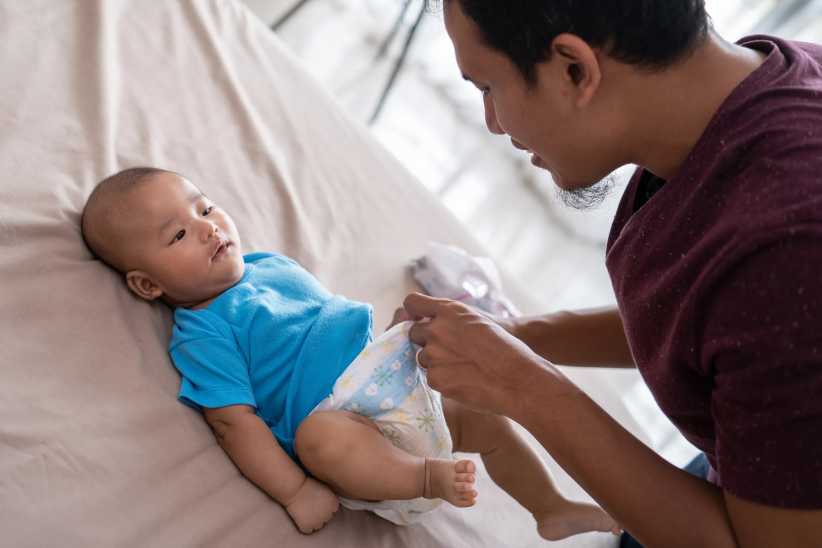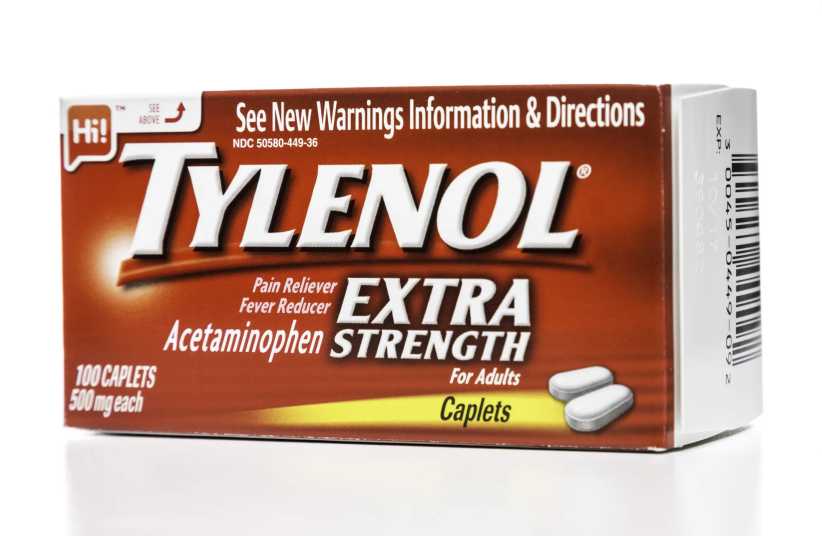Vicki Glembocki knew being a new mom would be difficult, but she wasn’t prepared for all the overwhelming feelings of doubt and uncertainty that would plague her first nine months of parenting. In her memoir, “The Second Nine Months: One Woman Tells the Real Truth About Becoming a Mom. Finally,” she lays it all out there: the day she decided to leave her husband but didn’t, the time she checked her email instead of her crying baby, and her overwhelming feelings of guilt about returning to work. In the end, Glembocki finds her footing (and is now the proud mom of two)—but getting there wasn’t easy.
Your book centers around the idea that motherhood isn’t what you expected. What did you expect, and what was your reality?
When I was pregnant people told me two things: You are going to be tired and you’re not going to have time to shower. So I totally believed that I would be stinky and sleepy, but sitting there all stoned out on maternal bliss. That expectation alone was my entire downfall. I went through a lot of feelings of insecurity, feeling that I didn’t have the maternal gene and was doing everything wrong.
A lot of moms are reluctant to admit thoughts like these.
If there is one thing that everybody believes when it comes to motherhood, it’s that it’s the most important job in the world—they put quotes around that. And when you have a 2-week-old or 6-month-old sitting there who will not stop crying, and you feel like you are doing everything wrong, do you want to tell anybody that you are failing at the most important job? So you put on this front: I’m fine, we’re fine, it’s fine.
How much of mothering do you think is instinct vs. learned?
I think a lot of it is instinct, and I know people who, the moment that baby is in their arms, feel that immediate bond. I also know an equal amount, if not more women, for whom being a good mother was learned—and that’s my experience. My kid and I—we had to get to know each other. I needed to get a grip on yesterday, no baby, today, baby. It was a huge transition that I don’t think many people give enough gravitas to.
You knew from the onset you’d return to work, and negotiated a four-day work week. Do you have tips for other moms hoping to go back part-time?
You need to ask for what you want. When I walked in there to talk to my boss about a fourday work week, I was thinking he’d say, ‘Are you freaking kidding me?’ But it worked. It also helps to do research: are there other people at your company who have different schedules? I know people who are job sharing now. I also know moms who have to work and would love to stay home. And that is a painful experience. That is not me, I am not that mother: I am better at being a working mom.
How would you say a marriage or relationship changes once a baby comes into the picture?
It changes completely. I like my husband better now as a dad than I did before—and that’s a crazy thing to say. We have rediscovered each other. My husband paints my daughter’s fingernails. I had no idea that he was the guy who was going to paint his daughter’s fingernails!
But, like me, he also went through an identity crisis—which is why, in the beginning, he wasn’t helping, he was going to the gym after work [instead of coming home]. He was holding onto the life he had before. We both were trying to figure out, Who am I now that I’m a mother, a dad?
What’s one piece of advice you’d like to give new moms?
Whatever emotion you are going through is okay. Now, if you think you want to put the baby in a microwave, you need to call a doctor—that is postpartum depression, and it’s serious.
But there is a whole lot of emotion between maternal bliss and postpartum depression we are allowed to feel. You are not crazy because the last place you want to be is with your baby. Another piece of advice is to meet other new moms. Get out of the house and find the mommy & me class, the moms group, the coffee shop—wherever it is you can meet women who are exactly in the stage you are in.












